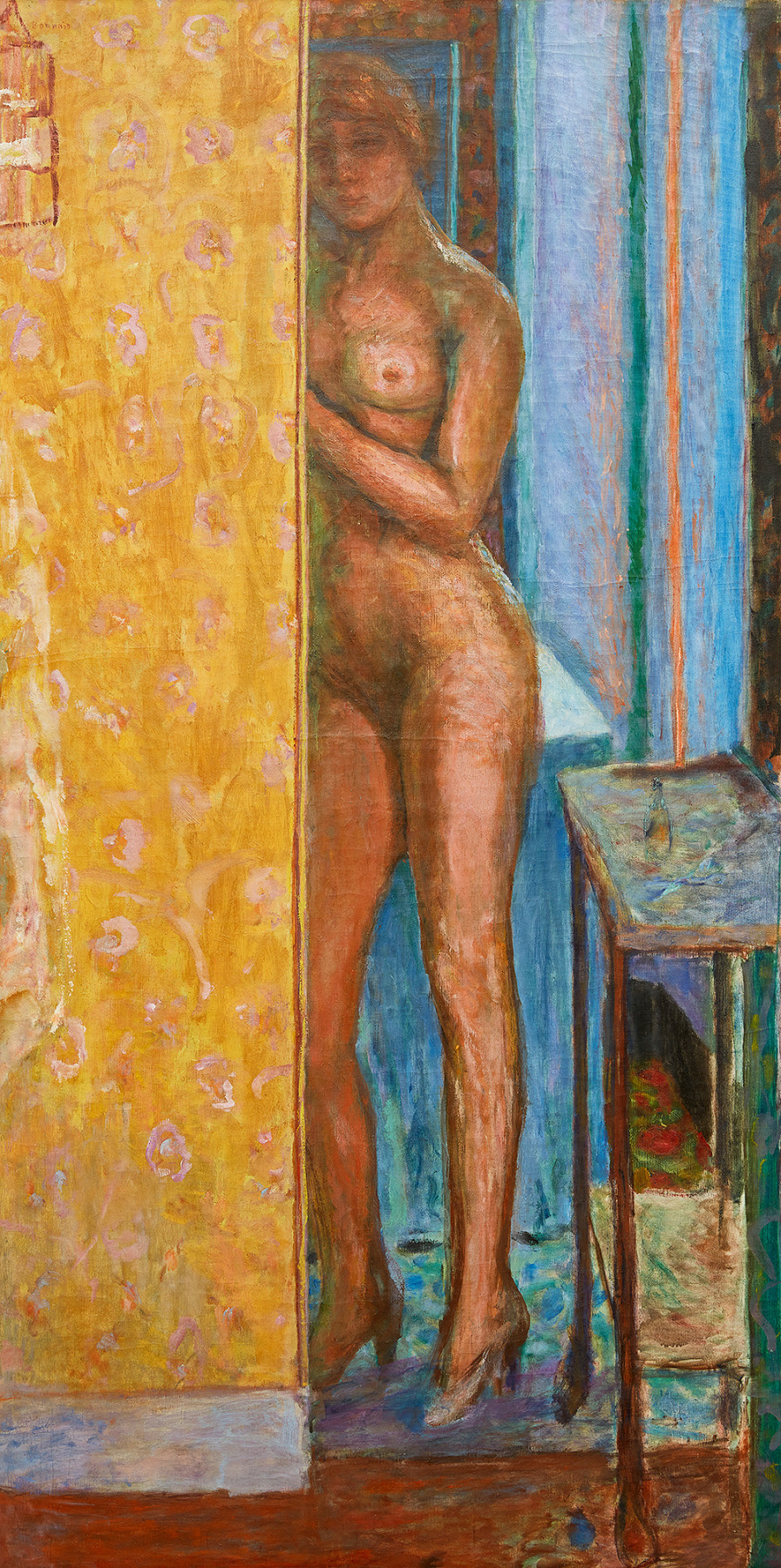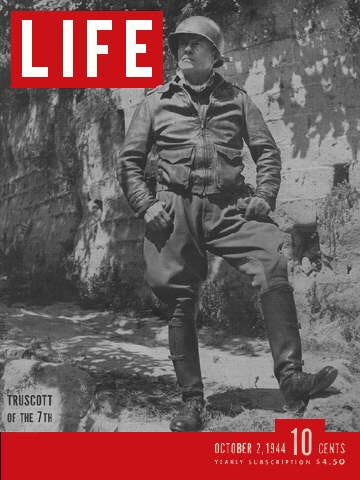This clip from Trump’s Fox interview with Brett Baier is making the rounds…
Trump is boasting about how he used his pardon powers to free low-level criminals. He brings up a woman, jailed on a drug dealing charge, that he pardoned. Baier reminds him that under the policy Trump is touting, wherein he would execute drug dealers, this woman would have been killed.
It is a remarkable moment. For a split second the Fool is caught in his folly, and the gears freeze. Even Brett Baier has to laugh.
But what I see in this clip, more than Trump’s childish policy prescriptions, is one of the keys to the man’s success. How quickly the master Bullshitter comes up with, not one, not two, but three half-coherent responses. Responses graded on a bullshit scale of course. The bar is low.
But Trump is not wooing the genius vote. All he needs is to keep his base bamboozled. And I’m struck, watching this clip, at how quickly the stunned hamsters on the wheels in his brain recover and start spinning even faster than before. How manically the gibbons hurl bananas at the wall to see what might stick. And before you can say, Look out for the bull, you’re covered in fresh bullshit.
Would depend on the degree. Not retroactive. My policy would have scared her off. And his base goes, yeah. Makes sense to me. And he lives to play another day.
You almost have to admire it. It gets him from point A to point B. He never gets bogged down in the details or logic of point A. There’s always a point B and then a point C. And if you get to those points quickly enough, no one remembers point A.
Trump lives his life in five- to ten-minute increments. Whatever bullshit gets him through the next ten minutes. Hell, the next ten seconds. He’ll have new bullshit to spew if/when he makes it through the next ten. Trump family motto. “Trust the Bullshit.”

